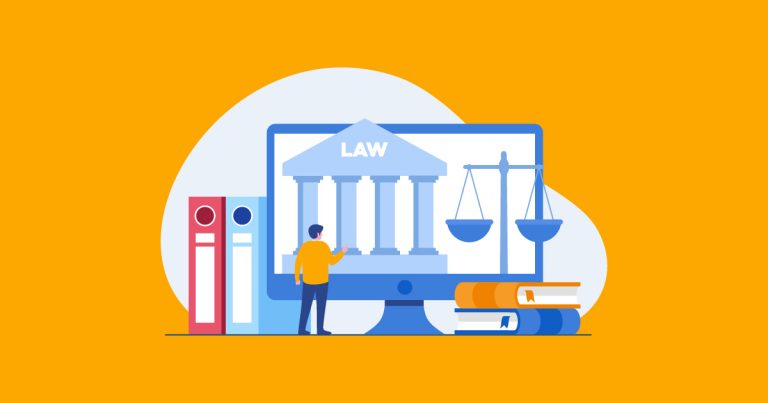
Legal Essentials for Freelance Developers
Navigating the freelance landscape requires more than just technical prowess; it’s equally vital to understand the legalities that protect and guide your work. For freelance developers, legal awareness ensures that your rights are safeguarded, your intellectual property is secure, and you’re compensated fairly. Here’s an overview of legal essentials every freelance developer should know.
Contracts – A solid foundation.
Why are they essential? Contracts are the backbone of any freelance engagement. They outline the expectations of both parties, payment terms, deadlines, and other vital details.
What to include? Specifics of the project, payment terms (amount, method, and frequency), termination clauses, confidentiality agreements, and intellectual property rights.
Intellectual Property (IP) Rights – Protecting your creations.
Copyright: As a developer, the code you write is typically copyrighted the moment it’s created and fixed in a tangible form. This means you inherently own the rights unless transferred.
Patents: If you’ve developed a unique software tool or application, consider patenting it. This will protect it from being copied or used without your consent.
Trademarks: If you have a unique logo, symbol, or brand name, consider trademarking it to protect your brand’s identity.
Non-Disclosure Agreements (NDAs) – Protecting information.
Why is it important? NDAs ensure that sensitive information you access during your freelance work isn’t disclosed or misused.
Points to consider: Be sure to understand the duration of the NDA and the type of information it covers. Sometimes, overly restrictive NDAs can hamper your ability to take on future work.
Business Licenses and Permits – Operating legally.
While many freelancers operate without a formal business license, certain jurisdictions may require one, especially if you’re operating from a home office.
Taxes – Pay what you owe, not a penny more.
Self-Employment Taxes: Freelancers often need to handle their own tax withholdings. Familiarize yourself with self-employment taxes in your country.
Deductions: Save on taxes by understanding what business expenses can be deducted, such as home office costs, equipment, or even certain software subscriptions.
Insurance – Shielding against the unexpected.
Professional Liability Insurance: This can protect you if a client claims that your work caused financial harm due to mistakes or oversights.
Health Insurance: Freelancers don’t typically receive benefits from an employer, so it’s crucial to consider your health insurance options.
Client Disputes – Navigating choppy waters.
Always aim for clear communication to prevent disputes. However, if they arise, refer back to your contract. Mediation can be a less costly alternative to litigation.
Data Protection and Privacy Laws – Guarding client and user data.
With data breaches becoming more common, it’s vital to be aware of data protection regulations in your client’s jurisdiction, especially if you’re handling user data.
Licensing and Open Source – Using and contributing responsibly.
If you use open-source libraries or tools, be sure of their licensing terms. Some may have restrictions or obligations that affect your work.
While the legal landscape can seem daunting, a basic understanding of these essentials can save you from potential pitfalls. Always consider seeking legal advice for complex matters. Remember, a proactive approach to legalities today can prevent disputes and losses tomorrow.